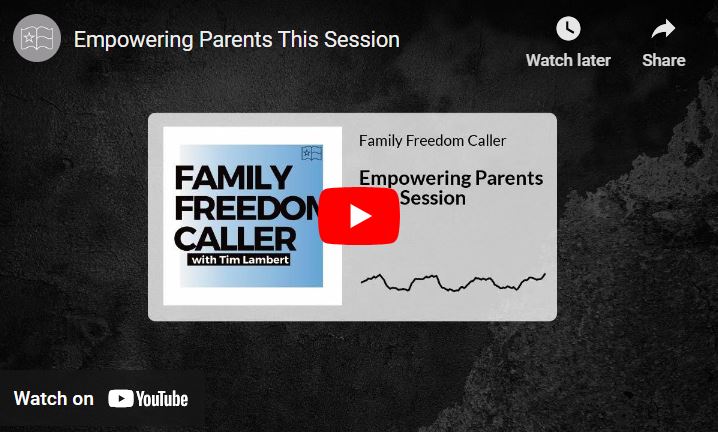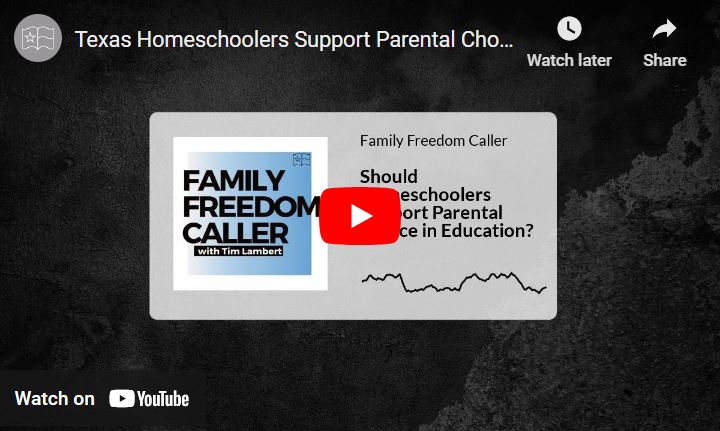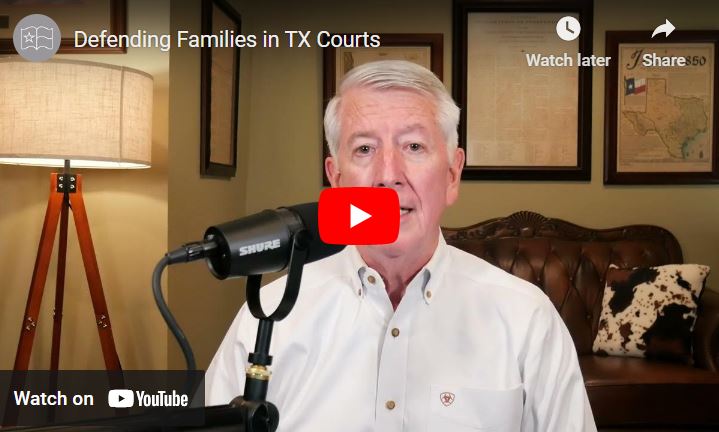Over the last 30 years, homeschooling has challenged the academic, social and political status quo in every conceivable way. We were the pioneers of change against a system that was hostile to anything new, anything different. We fought tirelessly against the state, the schools and crippling social pressure that was brought to bear against us. We were prosecuted, persecuted, and even incarcerated because others felt they were better equipped to raise our children. We disagreed. Our stand against the status quo was relentless.
We did this because we believed that families had the God given right and the high responsibility to raise and educate their own children. We believed that individual families were the best equipped to make decisions about what their own children needed, what things were good for them and what things were not, how to raise them and what they should learn…This was the foundation of it all.
We believed that families knew best. But do we still?
Have we, the homeschool community, strayed from the fundamental origin of the homeschooling movement: the belief that individual families have the right and the responsibility to raise and educate their own children? Or do we still believe that parents, not the government, not doctors, not other parents have the right to make decisions for their own children?
This question poses itself on one particular issue which has been a growing topic of discussion in recent legislative sessions. Should homeschool families have the freedom to participate in extracurricular activities through the local school? Thirty-five other states currently allow this. Each family decides for themselves whether it is right for their family and, if so, they participate.
For many, this is a determining factor in whether they can homeschool at all.
So if we believe in individual freedom, why do some homeschoolers oppose allowing families the freedom to decide for themselves on this issue? The question becomes even more difficult when you consider that we are not talking about a simple disagreement on the best way to raise children. We are literally talking about whether the power of the state should be mobilized to physically prevent families from making their own decision.
The 35 other states that have allowed homeschool participation in extracurricular activities through the local schools have never seen a regulation increase as a result. This includes both high-regulation states and low-regulation states like Texas. Some of these states have actually seen regulation decreases after passing such measures. So is it reasonable to fear homeschool regulation if families are allowed this freedom? No. There is no evidence to support this. The Texas homeschool community has a legacy of courageously standing for freedom for families and it is time to do that again.
Considering that a separate argument, we still come down to the main question: do we still believe that families know best and should be able to make their own decisions? Sometimes I wonder if we would put our son in University Interscholastic League (UIL) activities if we had that option. Frankly, we might not. However, I still have to ask whether other families should be allowed to make their own choice about it, or should the rest of us make it for them? Should the power of the state be mobilized to compel them to make the choice we would have made?
The homeschool community has always believed in empowering families to make their own decisions. I think we still believe that. No matter how well-intentioned they are, homeschoolers should not be telling other homeschoolers how to raise their kids. Each family must be empowered to raise their own children how they believe is best. This principle is what the homeschooling movement was built on and it is the only thing that will keep it alive.
The thing that makes our community great is that we embrace our differences, have good discussions, and in the end allow each family to decide for themselves. Polling shows that 77 percent of Texas homeschoolers support UIL access and that only 16 percent oppose it. Disagreements are okay, but each family must retain the right to make their own decisions. This is what homeschoolers believed 30 years ago when we fought to make homeschooling legal in Texas. This is what we still believe today.
Over the last 30 years, homeschooling has challenged the academic, social and political status quo in every conceivable way. We were the pioneers of change against a system that was hostile to anything new, anything different. We fought tirelessly against the state, the schools and crippling social pressure that was brought to bear against us. We were prosecuted, persecuted, and even incarcerated because others felt they were better equipped to raise our children. We disagreed. Our stand against the status quo was relentless.
We did this because we believed that families had the God given right and the high responsibility to raise and educate their own children. We believed that individual families were the best equipped to make decisions about what their own children needed, what things were good for them and what things were not, how to raise them and what they should learn…This was the foundation of it all.
We believed that families knew best. But do we still?
Have we, the homeschool community, strayed from the fundamental origin of the homeschooling movement: the belief that individual families have the right and the responsibility to raise and educate their own children? Or do we still believe that parents, not the government, not doctors, not other parents have the right to make decisions for their own children?
This question poses itself on one particular issue which has been a growing topic of discussion in recent legislative sessions. Should homeschool families have the freedom to participate in extracurricular activities through the local school? Thirty-five other states currently allow this. Each family decides for themselves whether it is right for their family and, if so, they participate.
For many, this is a determining factor in whether they can homeschool at all.
So if we believe in individual freedom, why do some homeschoolers oppose allowing families the freedom to decide for themselves on this issue? The question becomes even more difficult when you consider that we are not talking about a simple disagreement on the best way to raise children. We are literally talking about whether the power of the state should be mobilized to physically prevent families from making their own decision.
The 35 other states that have allowed homeschool participation in extracurricular activities through the local schools have never seen a regulation increase as a result. This includes both high-regulation states and low-regulation states like Texas. Some of these states have actually seen regulation decreases after passing such measures. So is it reasonable to fear homeschool regulation if families are allowed this freedom? No. There is no evidence to support this. The Texas homeschool community has a legacy of courageously standing for freedom for families and it is time to do that again.
Considering that a separate argument, we still come down to the main question: do we still believe that families know best and should be able to make their own decisions? Sometimes I wonder if we would put our son in University Interscholastic League (UIL) activities if we had that option. Frankly, we might not. However, I still have to ask whether other families should be allowed to make their own choice about it, or should the rest of us make it for them? Should the power of the state be mobilized to compel them to make the choice we would have made?
The homeschool community has always believed in empowering families to make their own decisions. I think we still believe that. No matter how well-intentioned they are, homeschoolers should not be telling other homeschoolers how to raise their kids. Each family must be empowered to raise their own children how they believe is best. This principle is what the homeschooling movement was built on and it is the only thing that will keep it alive.
The thing that makes our community great is that we embrace our differences, have good discussions, and in the end allow each family to decide for themselves. Polling shows that 77 percent of Texas homeschoolers support UIL access and that only 16 percent oppose it. Disagreements are okay, but each family must retain the right to make their own decisions. This is what homeschoolers believed 30 years ago when we fought to make homeschooling legal in Texas. This is what we still believe today.










